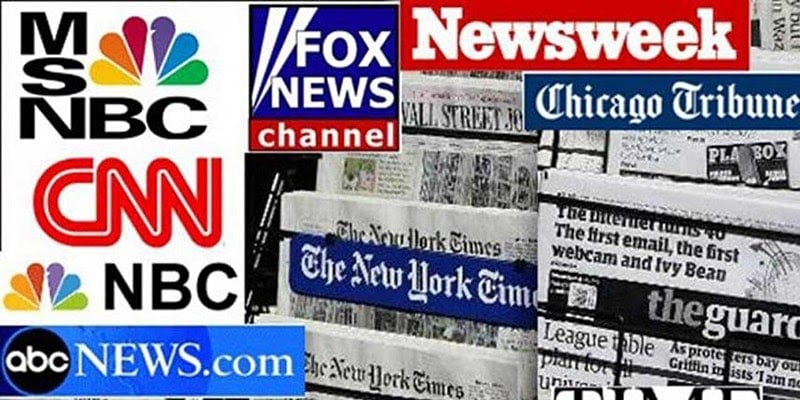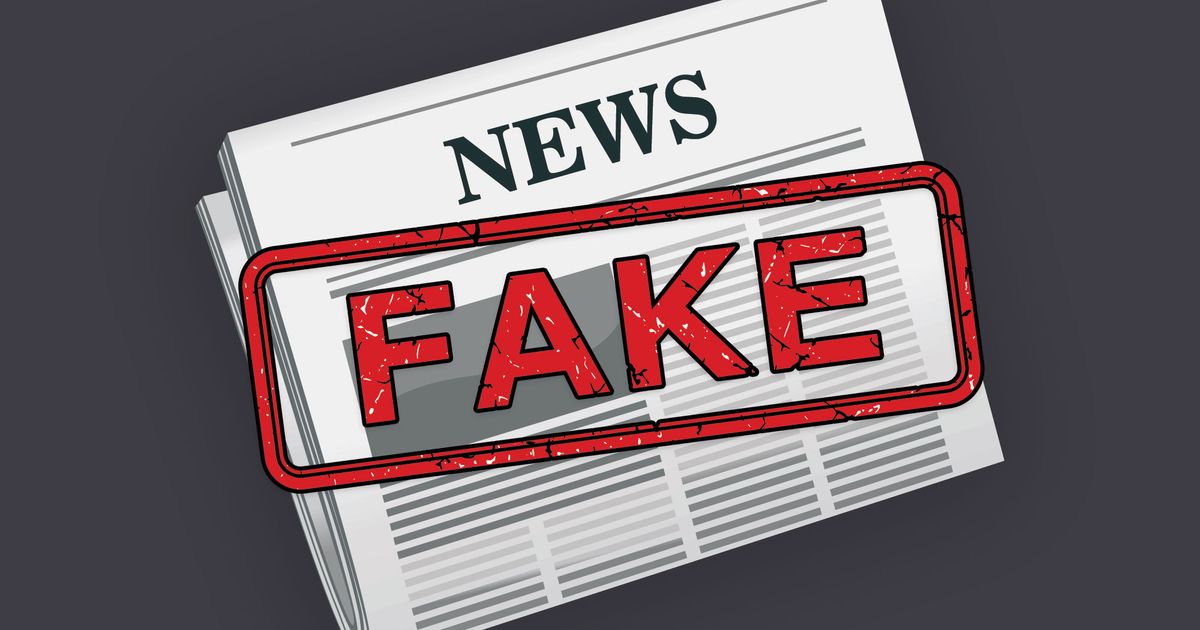Tuesday, October 3, 2023
EOTO #2: Mainstream Media
Privacy Online & Offline
It is very important nowadays to keep your digital footprint clean, especially as college students looking for jobs and internships very soon. The first TED talk I watched was Juan Enriquez's Permanent Tattoo. The Electronic Tattoo talk was very intriguing to listen to because everyone is affected by it. With everything we post, it's immortalized in a database and it knows who you are and what you like which is scary. I like how Juan talked about Greek mythology and related all of them to us posting online. But the most intriguing one was the Andy Warhol quote about how everyone in the future, which is now, will only have 15 minutes of fame. Quite scary for a quote said back in 1966 because it's pretty much become a reality with apps like TikTok and Instagram and people get that short-lived fame when their post goes "viral".
The Next TED talk I watched was Christopher Soghoian's How to Avoid Surveillance. I already knew that the government listens into phone calls all the time, that's a no-brainer. But what I didn't know was that iMessage and WhatsApp have message encryption which the government isn't happy about and the government is trying to get rid of that so they can view our messages. I think that's bad because most of the population are normal, everyday people texting friends and family. Just because there are a few bad apples in the pile doesn't mean we should compromise everyone else. But having that knowledge of the fact that the government can't see my text gives me ease that they're not always listening to what I say and reading what I write.
I think that the government should not be nosing into everyone's business unless there's an actual threat to someone or something that'll happen. There should be a trigger for their system when someone is planning something instead of having thousands of employees listening in on phone calls each day keeping track. Just have a robot do that and find out who is sinister. Spying in on normal, everyday people just talking about what they did that day to whomever they're talking to is eerie to think about. I understand the importance of government surveillance but it's a bit too much for people.
We can protect ourselves from privacy invasions by, as I mentioned earlier, using iMessage, FaceTime, or WhatsApp to communicate with each other as the most secure communication method. We should also be careful of what we post online which could potentially damage our reputation and prevent us from future employment. In my strategic communication class, we recently talked about how it's difficult to build an image but it's easy to take down. What that means is that it takes years to make a good reputation for ourselves but it can all come crashing down very fast with posting bad things online. So, always be mindful of what you're posting online and stay safe.
Diffusion of Innovations
This article from the Corporate Finance Institute gives me a more condensed definition of each of the 5 stages of a product. Innovators are the first people to try out the new technology, early adopters are the people who are willing to adopt the new technology into their lifestyle, the early majority are the people who buy the new technology before the average man gets around to it, the late majority are the people who were skeptical about the technology at first but eventually caved in and bought it, and the Laggards are the people who don't care about it at all.
An example of a piece of technology that follows the diffusion of innovation is streaming services. Netflix was the first-ever streaming service for television with 1000 movies available in its catalog. But it was still early on when Netflix had thousands of DVDs with its rental service.Hulu was the next streaming service to launch and it came a few months after Netflix launched theirs. I would consider Hulu to be an Early Adapter.
Now for the longest time, there was no competition for Netflix for years, Netflix had a monopoly on the streaming service realm. The only other competition was streaming services like "Crunchyroll", a streaming service for Anime but it was only for anime while Netflix was for pretty much all popular media. That was until Disney released Disney+ in 2019, the first true competition for Netflix, and people for once had a choice for streaming services because all of Disney-owned IPs; Star Wars, Marvel, Pixar, you name it were all on there whilst Netflix still had everything else. That was until all of the larger companies saw how much money Netflix and Disney were making from this and decided to cash in as the Late Majority during COVID.
A downside of all of this is there are way too many streaming services now. Prior to now, it was just Netflix with a $10-$15 subscription. Now you need a subscription for Netflix, one for Disney, Max, Hulu, Peacock, Paramount, and the list goes on and on where instead of paying $15 a month, you're now paying $500 for all of this stuff. It would be so much easier for everything to be on one service for like $20 and you'd get so many users but nope, all of these companies are greedy for your money and don't care about convenience.
It's really hard for the positives to outweigh the negatives in this situation because streaming services have become oversaturated with every large corporation wanting a piece of the streaming service pie. My suggestion would be to figure out what show you want to watch on its respective service. Pay for it and once you finish the show, cancel it and move on to something else. It's tedious but it's the most cost-effective.
Straying from Stress for Students
Stress is a common worry among college students around the world. Whether you are a freshman or a senior, you feel stress once in a while b...

-
The reason for us having to scour the World Wide Web for these obscure websites is because the mainstream media we all know are being paid...
-
The Diffusion of Innovations theory by Everett Rogers explains how ideas and technology spread through a market share graph. This graph sho...
-
The iPhone is Apple's smartphone line that people around the world use as a means of communication through texting, FaceTime, phone ca...




